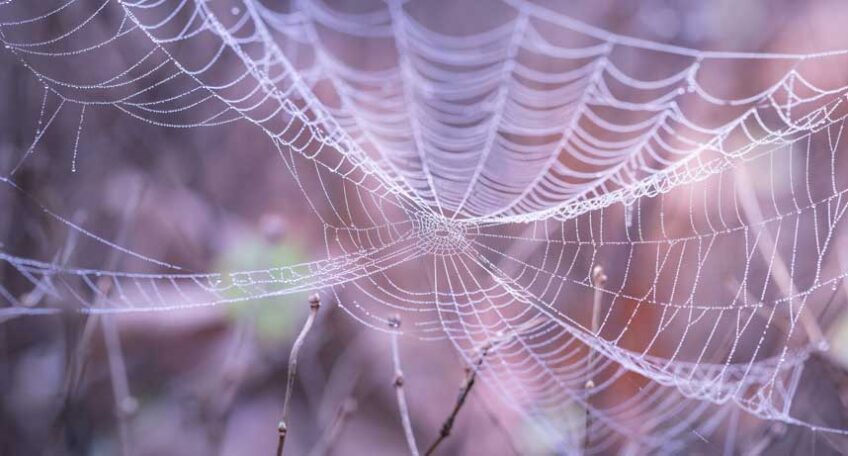Jesus knew how to tell a story. He understood that none of the people listening to his parable—least of all the lawyer who asked, “Who is my neighbor?”—would have considered a Samaritan fit for that description.
That was the whole point. He was showing his audience how to think outside the box.
So who is my neighbor when it comes to climate change? To answer that question, I invite you to arrive at an understanding of neighborhood that goes beyond our street address, our church friends, our professional affiliations. I invite you to see the world in a communal rather than an individualistic way.
A column by United Methodist writer Jeanne Finley pointed me to the words of Robert Penn Warren. In the novel All the King’s Men, Warren says, “The world is like an enormous spider web and if you touch it, however lightly, at any point, the vibration ripples to the remotest perimeter.”
If you begin to see the world this way, then you suddenly have many more neighbors than maybe you thought you had.
If you see the world this way, then the raging fires now burning in the Amazon rain forest are not simply Brazil’s problem. If you see the world this way, the rising temperature of the earth due to the burning of fossil fuels—and the damage this does to our planet—is not someone else’s or a later generation’s problem.
When it comes to the climate change crisis, the world is our neighborhood and all the people in it are our neighbors. And I would argue—not just the people but all the animals, insects, fish and other creatures in it. Yes, in this view, even different species are our neighbors.
Saint Francis knew this 800 years ago. While praying in a ruined chapel, he saw a vision of Jesus who told him: “Repair my home.” At first, Saint Francis thought Jesus meant the ruined church building; later he came to understand that the command was far broader. He discovered that it was important to care for all of creation. Today, he is the patron saint of animals—and of ecologists.
Each year, several Christian denominations mark the “Season of Creation.” We are in it now; it runs from September 1 to October 4 which is the day of the Feast of Saint Francis.
This year’s proclamation of the Season of Creation says, “As the environmental crisis deepens, we Christians are urgently called to witness to our faith by taking bold action to preserve the gift we share. . . . During the Season of Creation we ask ourselves: Do our actions honor the Lord as creator? Are there ways to deepen our faith by protecting ‘the least of these’ who are most vulnerable to the consequences of environmental degradation?”
One gray afternoon last November, the well-known Christian climate scientist Katharine Hayhoe spoke to our congregation and made the same points. She told us how the dreadful conditions caused by climate change hurt our poorest neighbors first and most, leading to increased migration and food and economic insecurity.
The key to mitigating the climate crisis lies in our definition of community. If we take a narrow view, then bigger troubles lie ahead. But if we think more broadly—as Jesus urged the questioning lawyer to do—then there is still time to make a positive difference in the neighborhood.
Dick Jones is a member of University Baptist and Brethren Church in State College, Pa.


